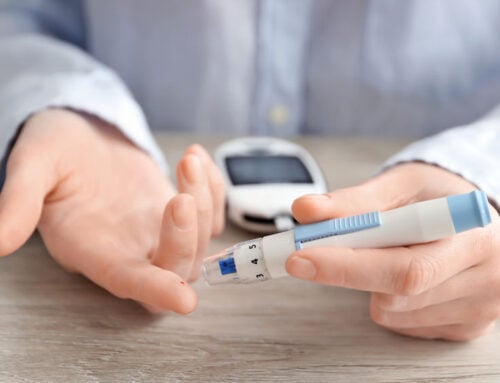Nothing’s Sweet About Diabetes
Type 2 diabetes is a severe medical condition affecting almost 10% of the population. Persons with type 2 diabetes are unable to respond to the right amounts of insulin. The pancreas creates insulin, necessary for converting glucose into energy. When the pancreas cannot generate enough insulin, high blood sugar happens. This leads to a host of medical complications.

1. Diabetes affects your smile
Many would not link diabetes and oral health. Persons with gum disease have a higher risk of type 2 diabetes and vice versa. Increased blood sugar could have a longterm impact on teeth and gums. This can cause teeth and gums to wear down, cause bad breath, and dental bleeding. Poor blood sugar control reduces the body’s ability to fight bacteria in the mouth. Those extra trips to the dentist could be due to undiagnosed diabetes.
2. Nerve-racking pain
Those little tingles on the tips of fingers and toes? That could be a sign of diabetes. Tingling and numbness of the hands and feet may seem harmless. The feeling tends to be sporadic and may not show up again for long periods. High glucose levels caused by diabetes slowly damages nerve endings throughout the body. If left unchecked, this pain can intensify becoming diabetic neuropathy.
3. Diabetes could be a heartache
Chest pains may prompt a doctor’s visit to check on the heart. However, that pain could be a sign of diabetes. High glucose levels create a host of cardiovascular issues. The heart may not be getting enough blood, causing chest pains like angina. Close to 68% of old-age deaths from heart disease are diabetes-related. Persons with diabetes also run a high risk of heart failure. If chest pains happen without a clear trigger, like stress, see a doctor to get tested for diabetes.
Don’t ignore the subtle signs
If left untreated, diabetes is a dangerous, fatal disease. The apparent signs could lay dormant for several years. However, there are other subtle ways the body reacts to the condition. Unrelated signs can cause persons to deal with the symptom and not the underlying cause. These lesser-known signs should prompt a doctor’s visit right away. The doctor will perform tests and advise on the best methods of treatment for type 2 diabetes.




